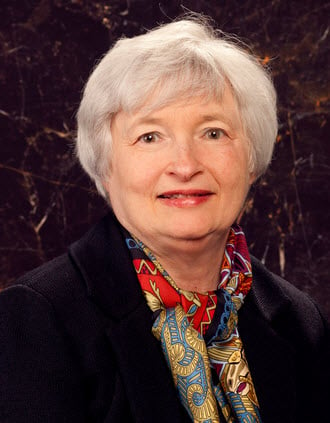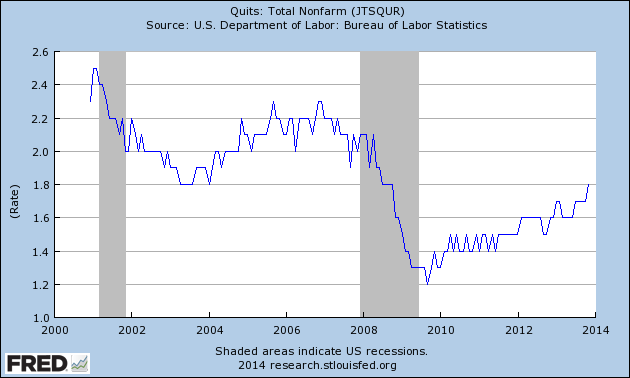I have written before about the work of Professor Robert Gordon and others, who are projecting much lower growth in the next hundred years than in the past. The rationale, briefly, is that all of the easy gains have been taken. The world will not be electrified again. Agriculture has already been largely mechanized. Labor-saving inventions, like the washing machine, have already fully penetrated the developed nations and are working their way through the emerging markets. At some point in the not-too-distant future, it will be possible to satisfy people’s material needs fully.
With population growth topping out, as it is, and with material needs on their way to being addressed, will growth even be necessary? Imagine a world with a stable population, where everyone has enough material goods—what growth would we need? What would growth even mean in that context? Even if Gordon was right, would it matter?














